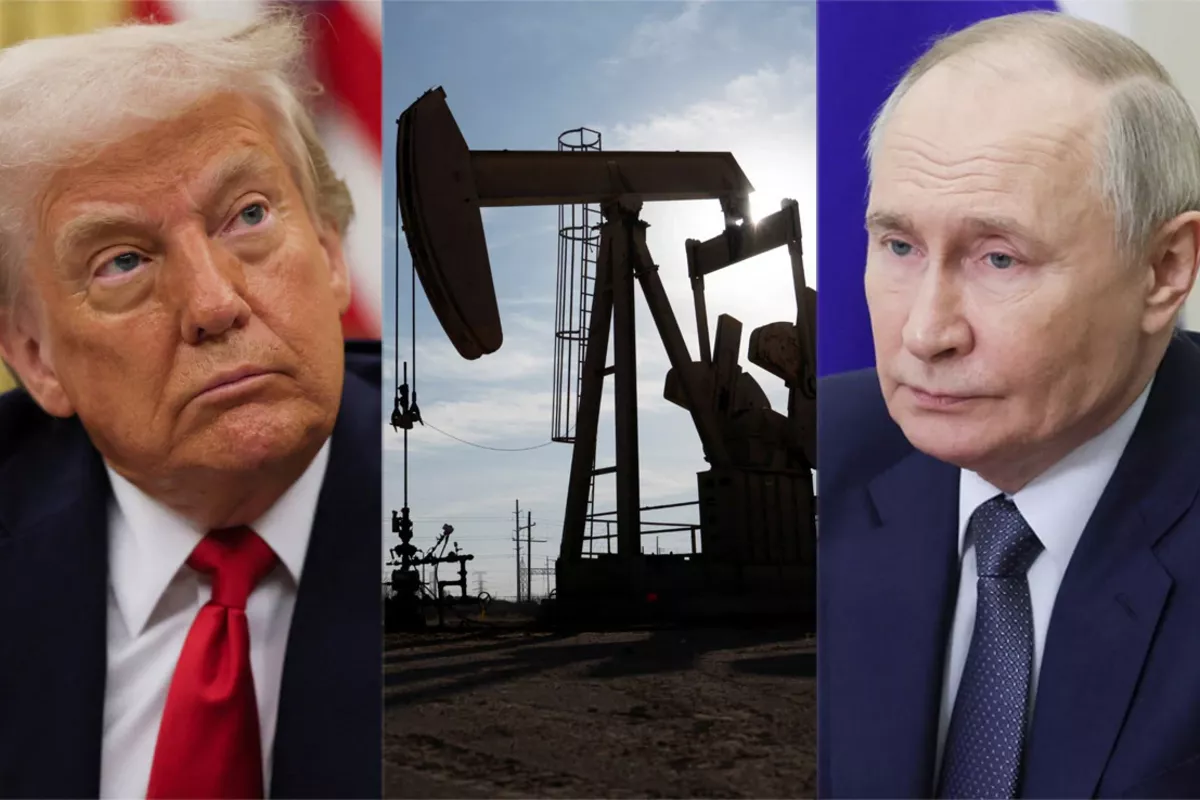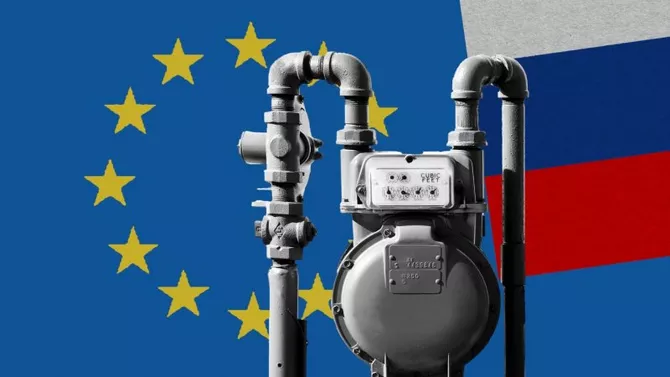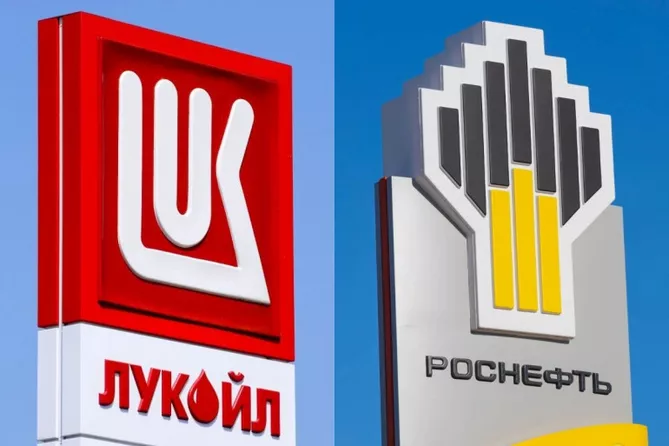
Photo credit: ndtv.com
The 19th package of sanctions against Russia, long discussed in Europe, has been approved by the European Union.
According to Reuters, the new package includes a ban on LNG deliveries to the EU, a complete ban on all crypto services for Russian citizens, travel restrictions for Russian diplomats, sanctions on 100 tankers transporting Russian oil, banks in Kazakhstan and Belarus, and four Chinese companies linked to the oil industry. The package also limits the movement of Russian diplomats.
The adoption of the 19th sanctions package coincided with Donald Trump’s demonstrative escalation of tensions with Russia. Trump canceled a planned meeting with Vladimir Putin in Budapest and gave the green light to sanctions against Russian oil exporters. Not only Lukoil and Rosneft themselves fell under sanctions, but also 34 of their subsidiaries, a move Russian analysts consider especially dangerous.

Source: Reuters
U.S. Treasury Secretary Scott Bessent called on U.S. partners to join the restrictions to make them more effective. The EU, by approving the package, has effectively done so.
Analysts believe that U.S. sanctions against Lukoil and Rosneft will affect the global oil market. Until now, Russian oil exports had not been touched, and this step seems to have become Trump’s last trump card against Putin. Following the news, oil prices, which had fallen below $60 in recent days, jumped to $65 per barrel, and this rise is likely to continue.
According to The Bell, Lukoil and Rosneft account for almost half of Russia’s total crude exports. The biggest risks are for China and India.
According to Bloomberg, the U.S. sanctions “shocked” China. Russia currently supplies up to 20% of China’s crude imports, and Lukoil and Rosneft together provide about a quarter of that. Many state-owned and private enterprises rely on this crude processing and are deeply integrated into the international financial system. The risk of secondary sanctions means possible disconnection from Western banking services, loss of access to the dollar, and the freezing of relations with U.S. and European traders, carriers, and insurers. Chinese companies’ participation in projects in the Middle East and Africa depends heavily on these partners, Bloomberg sources said.

Source: TASS
This is a serious matter, and experts believe that this time China will not be able to ignore Washington’s directives as easily as before. Trump plans to raise the issue at his upcoming meeting with Chinese President Xi Jinping in South Korea at the end of October. It is possible that Beijing may agree to cut Russian oil imports in exchange for a reduction in U.S. tariffs.
Another major importer of Russian oil, India, is also unlikely to resist. Recently, Prime Minister Narendra Modi reportedly promised Trump to reduce, or even stop, purchases from Russia. Trump stated that by the end of 2025, India will “almost” stop buying Russian oil. He said this during a press conference with NATO Secretary General Mark Rutte.
At the same event, Trump noted that he does not intend to pressure China to cut its Russian oil imports, emphasizing the difference in his approach toward Beijing and New Delhi. He also expressed the view that Russia and China are “not naturally friendly nations,” and their rapprochement was the result of policies pursued by previous U.S. presidents.
Modi’s promises might once have been dismissed as Trump’s exaggerations, but Indian refineries have already begun reducing purchases from Russian suppliers by 50%, and sanctions against Lukoil and Rosneft could bring that figure to zero.
The largest private company, Reliance Industries, which is India’s main buyer of Russian oil, plans to reduce or completely halt imports, Reuters reported, citing two sources. State corporations Indian Oil Corp, Bharat Petroleum Corp, and Hindustan Petroleum Corp are also reviewing their contracts to ensure they are not receiving supplies directly from Rosneft or Lukoil after the U.S. sanctions came into effect, according to a source familiar with the situation.
Can India and China manage if they have to stop buying Russian oil altogether? Analysts have yet to reach a consensus. China, at least, is in a better position. But another question arises: what will Russia do if it loses its largest buyers of “black gold”? The European market, one could say, is already lost. Until now, Beijing and New Delhi have resisted White House demands, but their capacity to resist is not limitless.
By Tural Heybatov
Share on social media